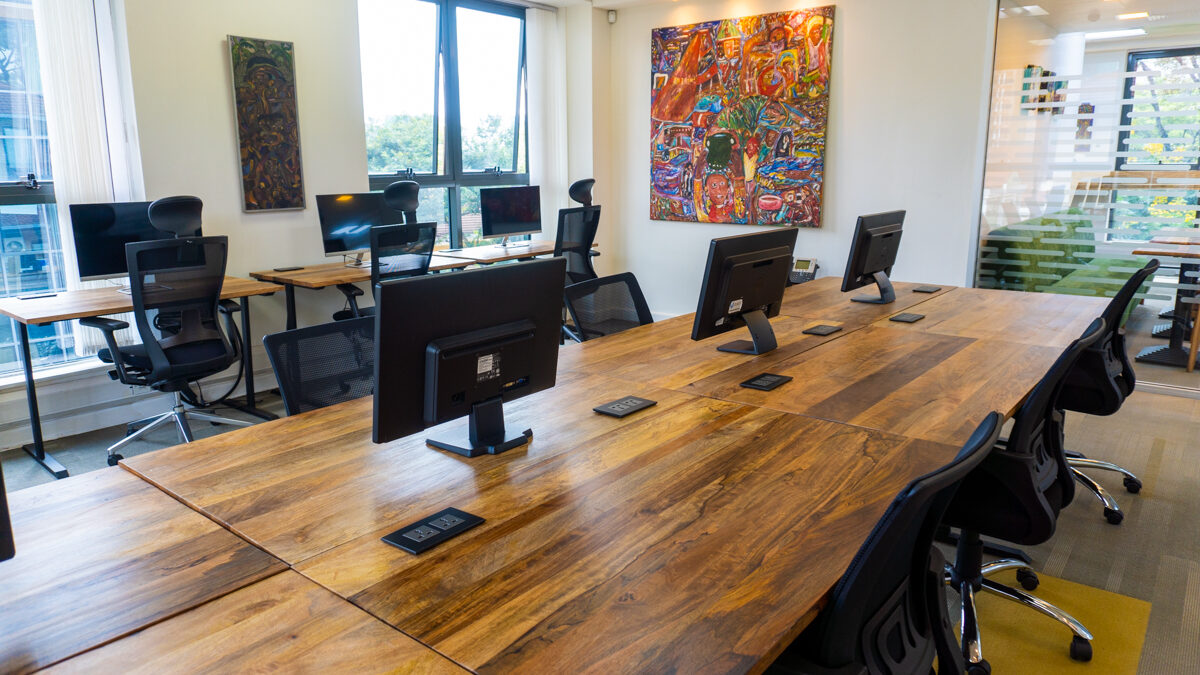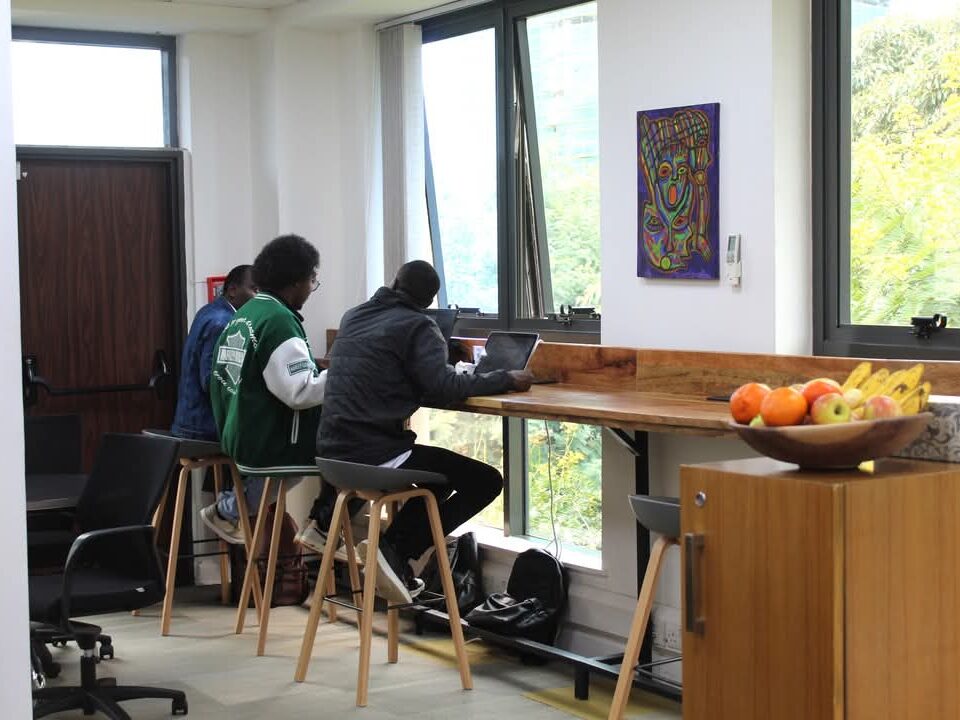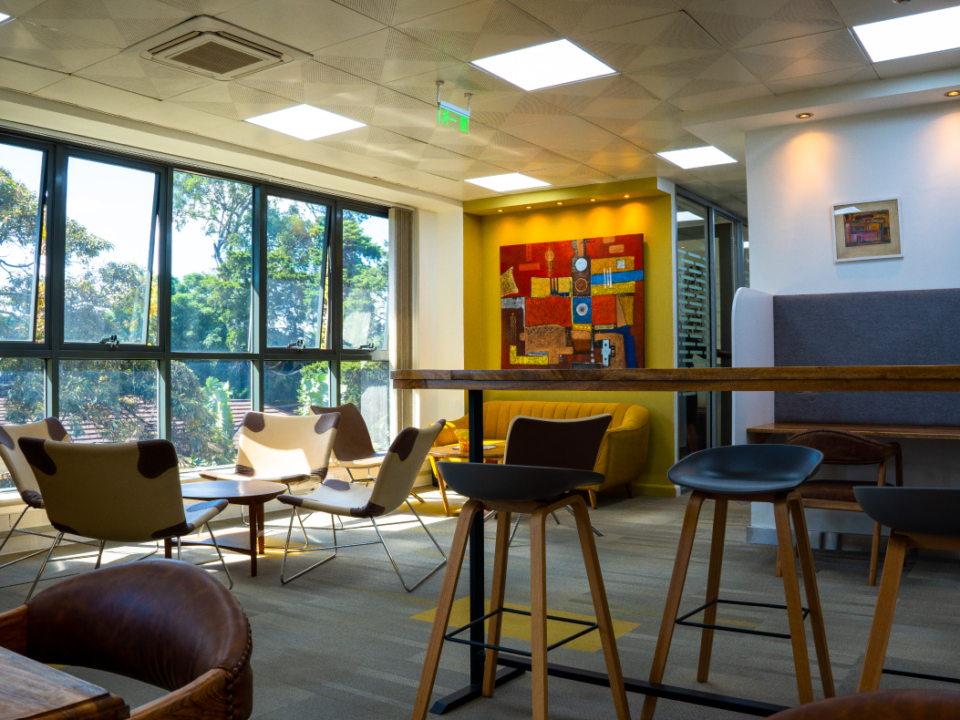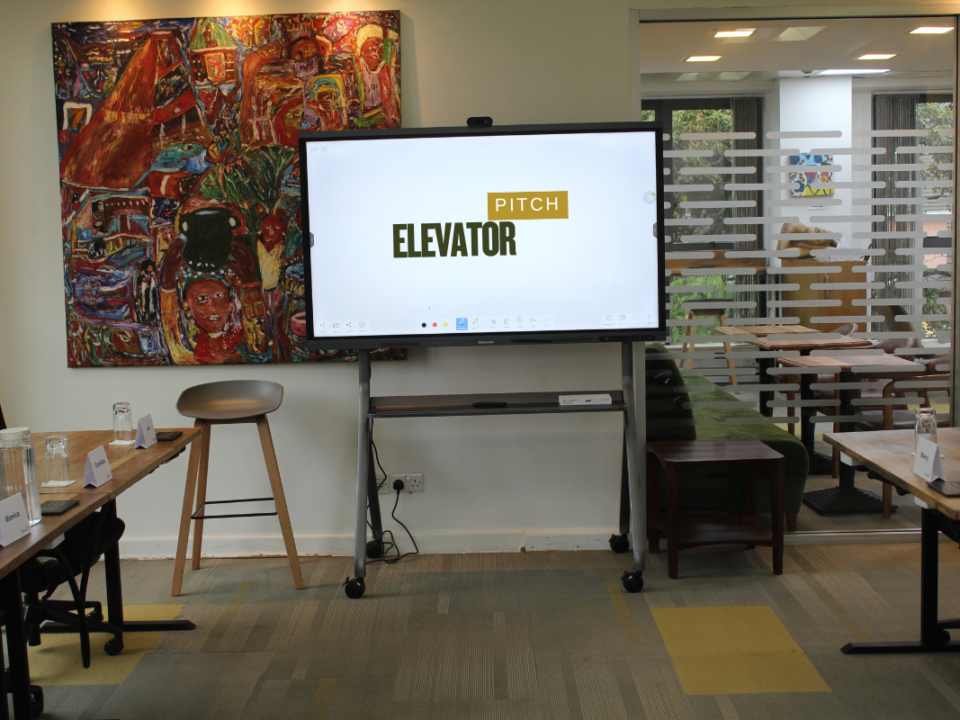
The Remote Work Toolkit: How Coworking Spaces Are Helping Professionals Stay Productive
May 5, 2025A great workplace is made up of a combination of both tangible and intangible elements. While things like competitive salaries, gym memberships, and even colleagues who make you laugh are important, there are deeper, often more intangible aspects that contribute to a genuinely positive work environment. Here’s a breakdown of some of the factors that make a workplace great:
Meaningful Work
At the core of a good workplace is the feeling that your work matters. Employees who believe their contributions make a difference are often more engaged and motivated. This could mean aligning personal values with the company’s mission, or feeling that your role directly impacts the success of the organization.
Supportive Culture & Leadership
A good workplace thrives on a culture where employees feel supported, both professionally and personally. Leaders who listen, encourage growth, and foster an environment of trust and transparency make a significant difference. An open-door policy, constructive feedback, and recognition of achievements all contribute to a supportive culture.
Growth and Development Opportunities
A workplace that offers opportunities for learning and career advancement helps employees feel valued and invested in. Whether it’s through training programs, mentorship, or opportunities for promotions, employees appreciate a company that actively supports their professional growth.
Work-Life Balance
Balancing work with personal life is essential for long-term happiness and productivity. Flexible hours and an understanding approach toward personal commitments go a long way in promoting a healthy work-life balance.
Trust and Autonomy
A sense of autonomy in the workplace where employees are trusted to manage their own work can be incredibly empowering. Micromanagement, on the other hand, can lead to disengagement and burnout. Trusting employees to take ownership of their projects and decisions boosts morale and job satisfaction.
Workplace Relationships
Good colleagues who make you laugh and offer support can make a huge difference in the overall work experience. Strong interpersonal relationships foster a sense of community and camaraderie, which can make even challenging days easier to navigate. Shared experiences, inside jokes, and mutual respect build a positive atmosphere.
Respect and Inclusion
Respect for individuality, inclusivity, and diversity are essential in building a workplace where everyone feels valued. A diverse team with different perspectives and experiences fosters creativity and innovation. Feeling respected and included allows employees to thrive and bring their best selves to work.
Wellness Programs
Gym memberships and wellness initiatives certainly help physical well-being often correlates with mental clarity and energy at work. Providing resources for employees to take care of their health, whether it’s through mental health resources, fitness programs, or a designated wellness space, shows a company’s investment in its team’s holistic well-being.
Recognition and Appreciation
Acknowledging the hard work of employees, whether through formal rewards or simple thank-yous, can go a long way in building a positive work culture. Regular recognition, both publicly and privately, helps employees feel seen and valued.
A Sense of Belonging
At the end of the day, employees want to feel like they belong. This intangible factor involves fostering an environment where people can bring their authentic selves to work, feel included in decisions, and see a shared purpose in what they’re doing.
A great workplace is more than just perks and paychecks. While tangible benefits like gym memberships, high pay, and a fun team can certainly help, the intangible aspects such as meaningful work, a supportive culture, trust, and respect are what truly make a workplace thrive. Building a balanced, inclusive environment where employees feel valued, supported, and motivated is key to long-term success and employee satisfaction.




